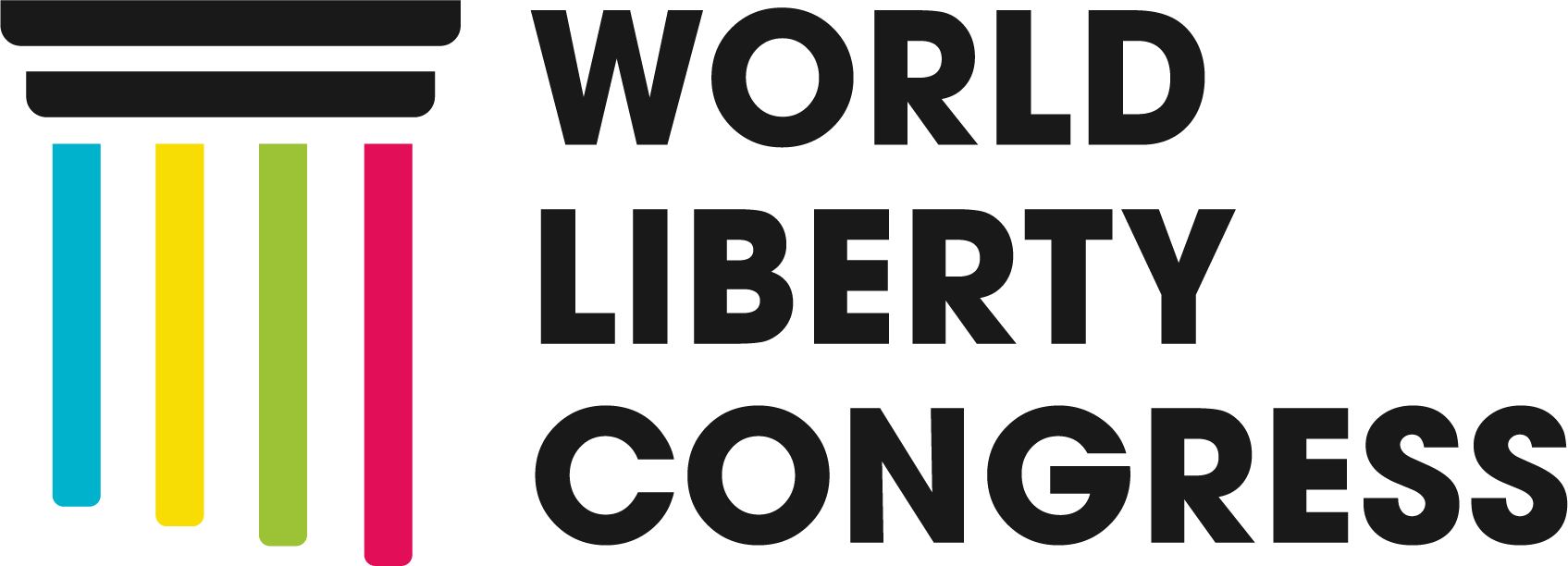by Andrei Sannikov (elected WLC LC member)
Soft security has to embrace hard security concerns and avoid contradictions. There was a paradoxical situation when NATO in recognition of a potential threat from the territory of Belarus was strengthening its military capabilities on Europe’s eastern border and the same NATO members within the framework of European Union refused to recognize those dangers and tried to appease the dictator who creates all the conditions for such threats. There has to be clear understanding that no business interests connected with the Lukashenko’s regime can be used as an excuse to soften attitude to this dictatorship and ease the pressure, since it will lead to more hard security threats coming from the territory of Belarus.
The pressure on the regime should be concentrated on the issue of the thousands of political prisoners that has to be released. All kinds of pressure are morally justified to save lives of political prisoners that are being slowly killed in Lukashenko’s prisons. The main mistake that was made by the West as regards Belarus was that the politics on Belarus have always been affected by a heavy Kremlin-fear factor. In other words, the West has always been reluctant to support the Belarusian opposition persuading itself that the Kremlin would react by force. Lack of understanding of the dangers connected with the Lukashenko’s regime, not only for Belarusians but also for the Baltic Sea region (as most vulnerable for Russian aggression) led to growing military and other threats and, as a result, to the need of increasing exponentially the expenses for strengthening the security. All these extra expenses and growing security threats could have been avoided if Belarus was paid a due attention and stronger measures (for e.g. economic sanctions, political isolation of the regime, reducing or cutting off diplomatic presence) were used after the gross and mass violations of human rights in Belarus.
It has to be clear that unless the meaningful investment into independence and democratic development of Belarus is made the security of the whole region is in danger. Unless EU assistance to Belarus is tied to values and conditioned with absence of repression and respect for human rights, it will contribute to the growing threat to Europe.




